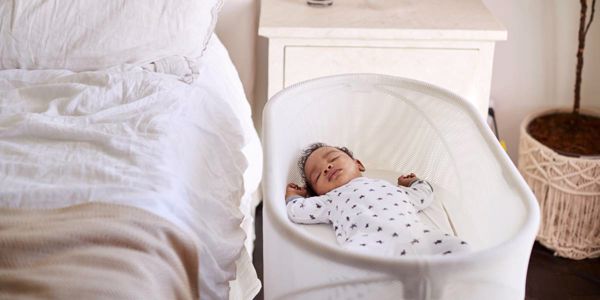Happy March! It really feels like brighter days are coming, in more ways that one! With spring brings around another clock change, you didn’t even bat an eyelid about this before you had children, right? It meant lighter evenings and mornings and the world kept on turning but now it can be something we parents can dread! There is no need, trust me! Read on for some tips to make this as stress-free as possible!
Tip #1 Do Nothing!
What this means is that you will literally do nothing, you will simply put your baby to bed at the normal time on the Saturday before the clocks go back (the 27th this year!) and then let them wake as they normally would, which may be an hour earlier on the clock that it was the day before!
You then continue with your schedule as normal, keeping to your little one’s awake windows. So, if your little one normally goes to bed at 7 pm and wakes at 6 am then they will go to bed at 8 pm the next evening and wake at 7 am the following morning. Nice and simple!
If you are unsure of your child’s awake windows see below, (it is deliberate that I haven’t included 0-3 month awake times as their sleep is appropriately inconsistent at this age, roll with it and try not to stress)
4-6 months – 2-2.5 hours
7-9 months – 2.5-3.5hours
10-13 months – 3.5 hours
14-18 months – 4 hours
18 months -2.5 years – 4.5-5.5 hours
So if we use a baby taking 3-4 hour gaps between naps then this is how their day could look:
Saturday (before clocks change) Sunday (after clocks change)
Wake |
6 am |
7 am |
Awake Window |
3 hours |
3 hours |
Nap 1 |
9-10:30 |
10-11:30 |
Awake Window |
3 hours |
3 hours |
Nap 2 |
1:30-3pm |
2:30-4 pm |
Awake Window |
4 hours |
4 hours |
Bedtime |
7 pm |
8 pm |
This may not be feasible for everyone however, you may need to make sure your baby wakes at a certain time to get out of the house in time for childcare or other reasons. Also, if your baby goes to bed quite late, say 8 pm, you don’t really want to be making that any later so that may mean you take a different approach to the clock change.
Tip #2 Start to adjust the week before
Starting the week before, keep to your little one’s awake times but wake them in the morning 10 minutes early so that their naps and bedtime are also ten minutes earlier, if you do this each day then by the time the clocks change their routine will be ready to go!
In my opinion, the clocks going forward shouldn’t cause you to fluster too much, I would roll with it and let them adjust naturally following the clock change, if your baby/child is in a predictable sleeping routine then it won’t be too hard to adjust it again over the course of a few days. There are things you can do to help
- Bedtime may be a bit later or a bit earlier while your baby adjusts, please do not worry, try and go with it and things will settle soon
- Expose your little one to natural light when they wake up and get out and about during the day where you can, an hour before bed, make their environment dim, draw the curtains, and reduce screen time and signal to their little bodies that sleep is coming. Invest in a good blackout blind or tap dark sheets to the window if you need to. You are going to struggle to get your little one to sleep when it's visibly lighter outside.
- Maintain your bedtime routine. This is your child’s comfort and signal to bedtime, changing this won't help, use the same positive bedtime routine. If you have not got one yet, then keep it simple, up to the bedroom, change nappy and into pyjamas, read a story or sing a bedtime song.







